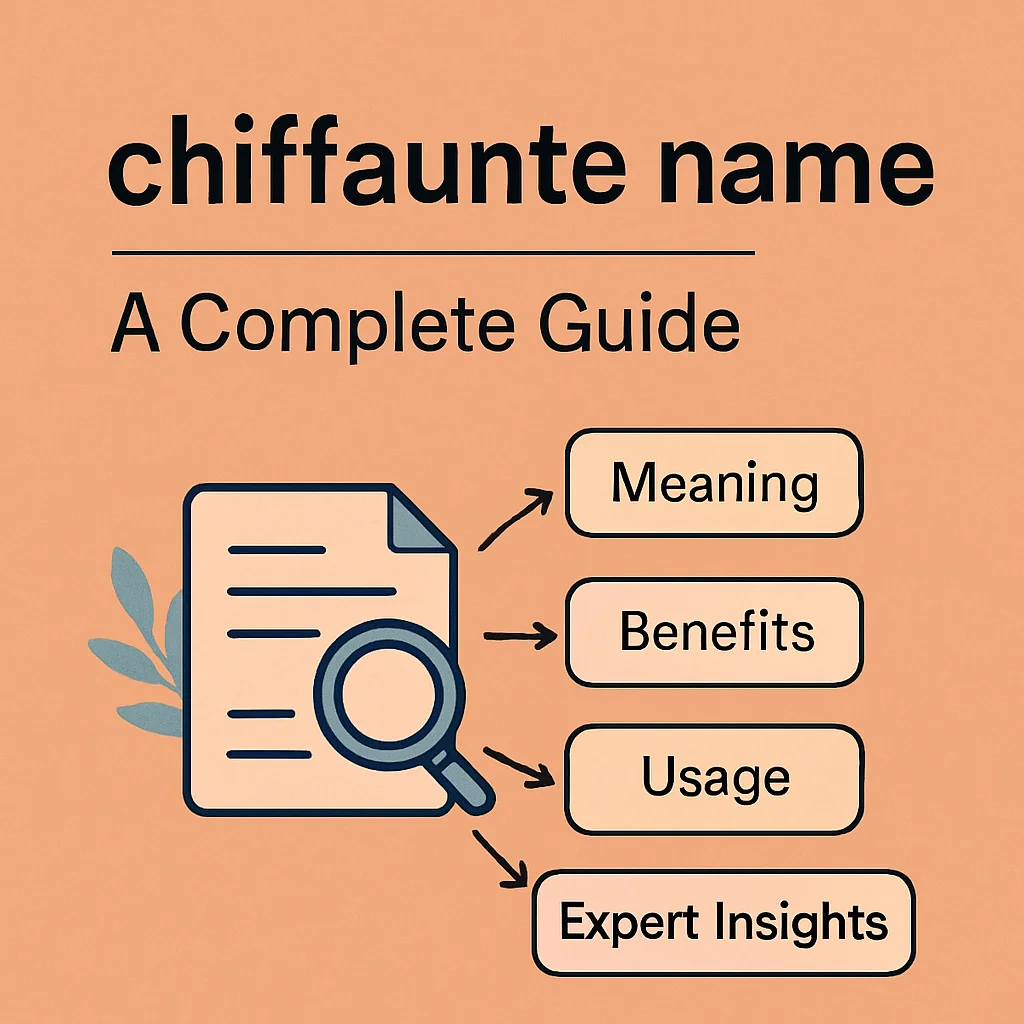Introduction
Names have always held power, shaping how people perceive identities, personalities, and even destinies. When it comes to scary male names, their effect is even more striking. These names carry an aura of fear, mystery, and intensity. Whether rooted in mythology, folklore, horror fiction, or popular culture, such names evoke emotions that ordinary names rarely achieve.
Parents may use them for unique character inspiration, writers may craft horror villains with them, and gamers or online users might adopt them for their dark and intimidating presence. Adding a name scary touch to a character or persona instantly commands attention. This guide explores the world of scary male names—their benefits, applications, best practices, and FAQs—to help you use them effectively.
Benefits of Scary Male Names
How It Helps in Storytelling and Creativity
Using scary male names in storytelling or character creation can:
- Enhance atmosphere: A chilling name sets the tone before a character even appears.
- Build anticipation: Readers, viewers, or gamers expect something eerie or dangerous from a character with a frightening name.
- Increase memorability: Unique names with a scary vibe stick in the audience’s mind.
For example, names like Damien or Lucius are instantly linked with darkness in many stories. They prepare audiences psychologically for the role such characters play.
Key Advantages for Writers, Gamers, and Parents
- For Writers: Adds depth and uniqueness to characters.
- For Gamers: Creates intimidating online personas, making profiles stand out.
- For Parents (Halloween or roleplay purposes): Fun and creative choice for themed events, costumes, or even pets.
- For Storytellers: Builds suspense and emotional engagement.
In every scenario, scary male names are powerful tools to express dominance, fear, and mystery.
How to Use or Apply Scary Male Names
Step-by-Step Guide
If you’re planning to use scary male names effectively, follow these steps:
- Define your purpose – Are you naming a fictional villain, a pet, or an online character? The context changes the style of name you choose.
- Research origin and meaning – Many scary names have roots in mythology (like Hades) or horror classics (Dracula). Know the story behind the name.
- Match the personality – Pick a name that fits the character’s traits. For instance, a strong, silent type might suit Orlok, while a cunning trickster might need Loki.
- Test the impact – Say the name out loud. Does it create chills, or does it feel too soft?
- Finalize and adapt – Customize the name to suit modern use, such as DarkonX for a gaming username.
Common Mistakes to Avoid
- Overcomplicating names: Too many syllables can make them hard to remember.
- Copying clichés: Avoid overused names unless you add a twist (e.g., instead of Vlad, use Vladek).
- Ignoring cultural sensitivity: Some names may hold sacred meanings in certain cultures; research before use.
- Mismatch with personality: A terrifying name for a lighthearted character can confuse your audience.
Best Practices for Scary Male Names
Tips & Tricks for Better Results
- Draw from multiple sources – Explore mythology, horror movies, folklore, and even historical figures.
- Blend words creatively – Combine dark words (like shade, grim, void) with traditional names. Example: Grimric.
- Keep it simple yet strong – Shorter names like Kane, Drake, or Zane carry a sharper impact.
- Use symbolism – Choose names connected to fear, death, or shadows (Mortis, Thanatos).
- Make it adaptable – A name should work well across storytelling, gaming, and even costumes.
Expert Recommendations
- Writers: Use scary names as foreshadowing tools. The name alone can hint at the character’s role in the story.
- Gamers: Pair scary male names with avatars, symbols, or colors to strengthen the identity.
- Parents (for fun contexts): Introduce scary names in playful settings like Halloween games, haunted houses, or fantasy-themed events.
For inspiration, check reputable horror and folklore resources like Encyclopedia Britannica on Mythology to dive deeper into historical roots of scary names.
FAQs About Scary Male Names
What are some popular scary male names?
Examples include Damien, Dracula, Lucius, Kane, Vlad, Hades, Orlok, and Azrael. Each has ties to either mythology, horror, or villainous characters.
Are scary male names only for villains?
No. While often associated with antagonists, they can also suit mysterious heroes, gaming profiles, or even pets.
Can I use a scary male name for my child?
It’s rare in everyday life, but some parents opt for bold names like Damien or Lucian due to their gothic and strong appeal. Consider cultural and social factors before choosing.
How do I choose a unique scary name scary style for gaming?
Mix classic scary male names with creative spellings or add dark words. For example: Drakonn, Mortex, or Graveborn.
Do scary names always mean evil?
Not necessarily. Some names may sound frightening but symbolize strength, resilience, or mystery instead of evil.
Conclusion
Scary Male Names hold an undeniable charm. They’re powerful tools for storytelling, gaming, and creative projects. From legendary figures like Hades to horror-inspired names like Dracula, they create an atmosphere of suspense and fascination.
By following the best practices—researching origins, matching personality, and using creativity—you can select names that are not only scary but also memorable.
Whether you’re a writer, gamer, or simply someone looking for a name scary enough to stand out, the right choice can leave a lasting impression.


